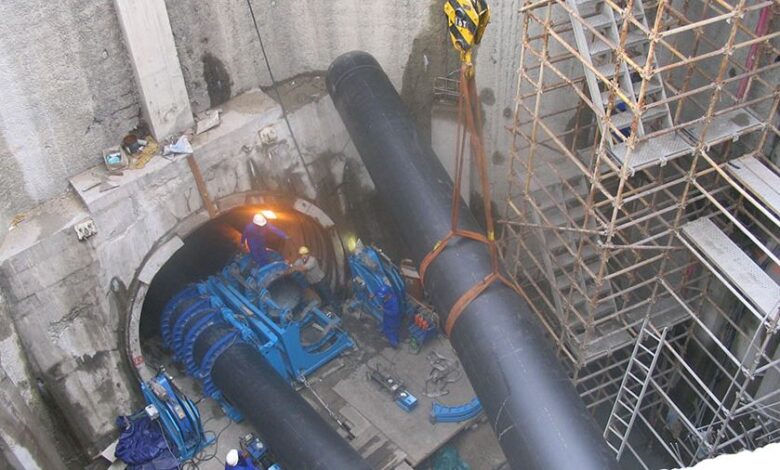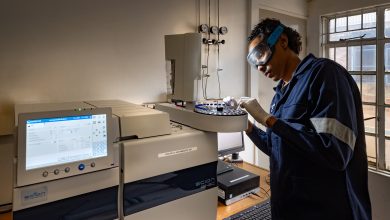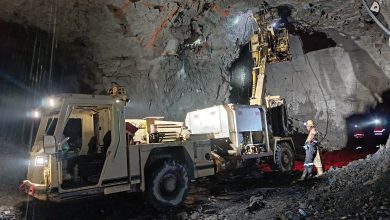
Often specified in the transfer of abrasive and corrosive materials in projects, HDPE pipes have a firmly entrenched niche in African mining. NICK BARNES examines why this trend will continue in the foreseeable future.
The South African Plastic Pipe Manufacturers Association (SAPPMA) foresees increased demand for all ranges of pipes continuing in 2025 and beyond across various sectors. HDPE pipes enjoy a wide spectrum of applications, including—but not limited to—irrigation, water distribution, sewage disposal, and slurry conveyance.
Mining projects
For the transfer of slurry, acids, and other materials in mining projects, high-density polyethene (HDPE) pipes are one of the preferred products, particularly where flexibility, chemical resistance, and durability are key requirements. HDPE is generally a highly flexible and durable thermoplastic.
Where are HDPE pipes ideal?
We asked SAPPMA members, considered leading suppliers of HDPE pipes to the industry, to establish why mining engineers specify their products. The members highlighted several common features that make HDPE pipes ideal:
- Time in mining is of the essence: The lightweight nature of HDPE pipes allows for ease of transportation and installation, which cuts labour costs. Furthermore, regarding installation, fusion welding methods—for instance, butt or electrofusion welding—allow for a seamless connection.
- Chemical resistance: HDPE pipes can transport corrosive materials.
- Abrasion resistance: They can handle tailings and other sharp particles in fluids.
- Recyclability: The recyclability of HDPE pipes, indirectly, helps mines contribute to reducing the carbon footprint.
- Leakage resistance: HDPE pipes are resistant to leakage. This reduces environmental contamination risks.
- Reduced operating costs: Miniminal replacement needs to reduce operating costs.
- Affordability: Capital equipment costs are skyrocketing, so the comparative affordability of HDPE pipes makes them a cost-effective option.
- Long service life: HDPE pipes are highly appreciated for their long service life. In some cases, depending on the application, they can last for over fifty years.
- Lower operational costs: Additionally, the minimal need for frequent replacements lowers operational costs over time.
- Thermal resistance: Due to variance in thermal conditions, slurries have extreme temperatures. HDPE pipes can resist this.
- Pressure resistance: Typically, slurries have high pressures. HDPE pipes are engineered and manufactured to handle this.
Product Quality
As mining companies are launching projects in the region, prudent product selection in slurry conveyance is paramount. The most critical aspect is quality, and HDPE pipes are no exception.
SAPPMA CEO Jan Venter said the end-users in industries should ensure that their pipes are compliant with industry-specific standards such as ISO, ASTM, or other relevant certifications for mining applications.
In South Africa, all pipes carry the mark of SAPPMA and the South African Bureau of Standards, SANS 4427 approval. Besides, all fittings meet international standards. SAPPMA accredits verified plastic pipe producers and affiliated suppliers in South Africa and the region.






